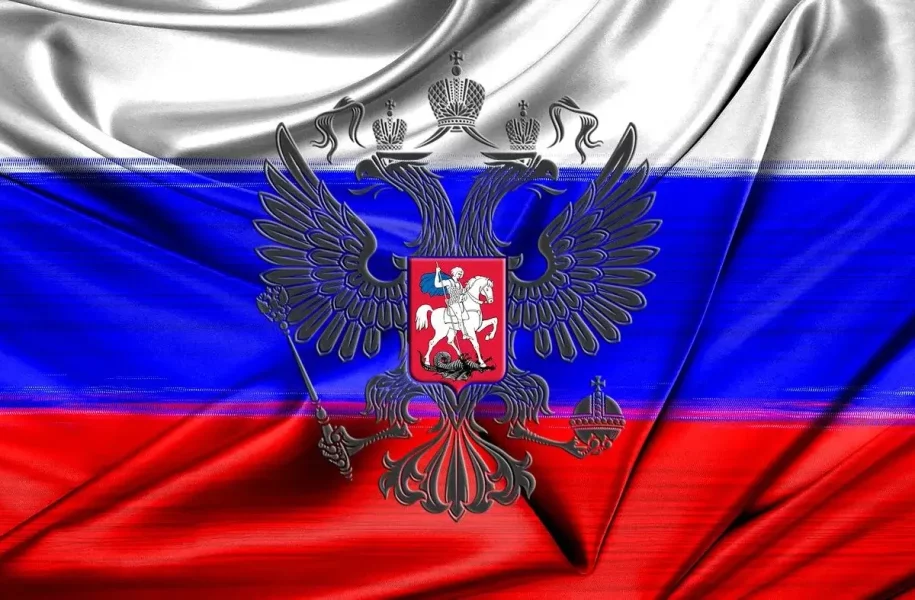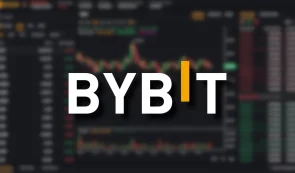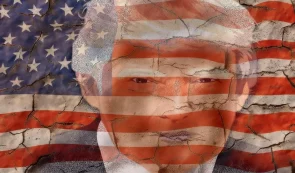After the Wagner Mutiny: Unveiling the Market’s Next Moves in the Wake of a Weakened Putin

Investors are nervously assessing the aftermath of a short-lived rebellion by the mercenary Wagner Group, which has left Russian President Vladimir Putin in a weakened position.
While there are concerns about the implications of this insurrection on global markets, some believe it could be more of a “non-event” as trading resumes. Marc Chandler, managing director at Bannockburn Global Forex, notes that although Putin appears weak, he has often been underestimated.
The Ukraine war began 16 months ago with Putin’s decision to invade, could potentially see some benefits from a weakened Russia. However, the possibility of further internal strife in a nation with the largest nuclear arsenal raises concerns. There is no clear contender to replace Putin, either through election or coup, despite his hold on power appearing shakier.
The rebellion, led by Wagner Group chief Yevgeny Prigozhin, saw the mercenary force taking control of Russia’s southern military headquarters in Rostov-on-Don with little resistance. However, it came to a halt just over 120 miles from Moscow as Prigozhin abruptly stood down in a deal that would send him to Belarus and drop charges against him.
Analysts warned that extended turmoil could lead to a flight to quality in the markets, with investors seeking assets like US Treasury bonds, the US dollar, Japanese yen, Swiss franc, and gold.
However, the swift resolution of the rebellion may reduce the significance of its impact on oil prices and other markets.
Since Russia’s invasion of Ukraine in February 2022, there have been significant fluctuations in commodity and financial markets. The invasion triggered a global energy shock, with crude oil futures and natural gas prices soaring. However, energy prices have since fallen back, and despite sanctions and price caps, Russian crude supplies have remained robust.
READ MORE: Singapore and Amazon Forge New Frontiers in Digital Currency
While geopolitical shocks involving major oil producers typically lead to an average 8% increase in crude futures, the swift resolution of the rebellion in Russia makes such a significant price increase unlikely. However, the geopolitical risk arising from internal instability in Russia has heightened.
Investors are watching the market volatility closely, with concerns about the conflict in Ukraine, shifting power dynamics among G-8 nations, and the potential for a global recession. The subdued market performance in recent weeks and a rally in the S&P 500 index have raised concerns about complacency among some market watchers.
Overall, the rebellion in Russia has created uncertainty in global markets, but its ultimate impact remains uncertain. The ongoing war in Ukraine has weakened Russia and raised questions about Putin’s stability, but there is no clear replacement for him at this time. The potential for further internal strife and power struggles within Russia adds to the unpredictability of the situation.














